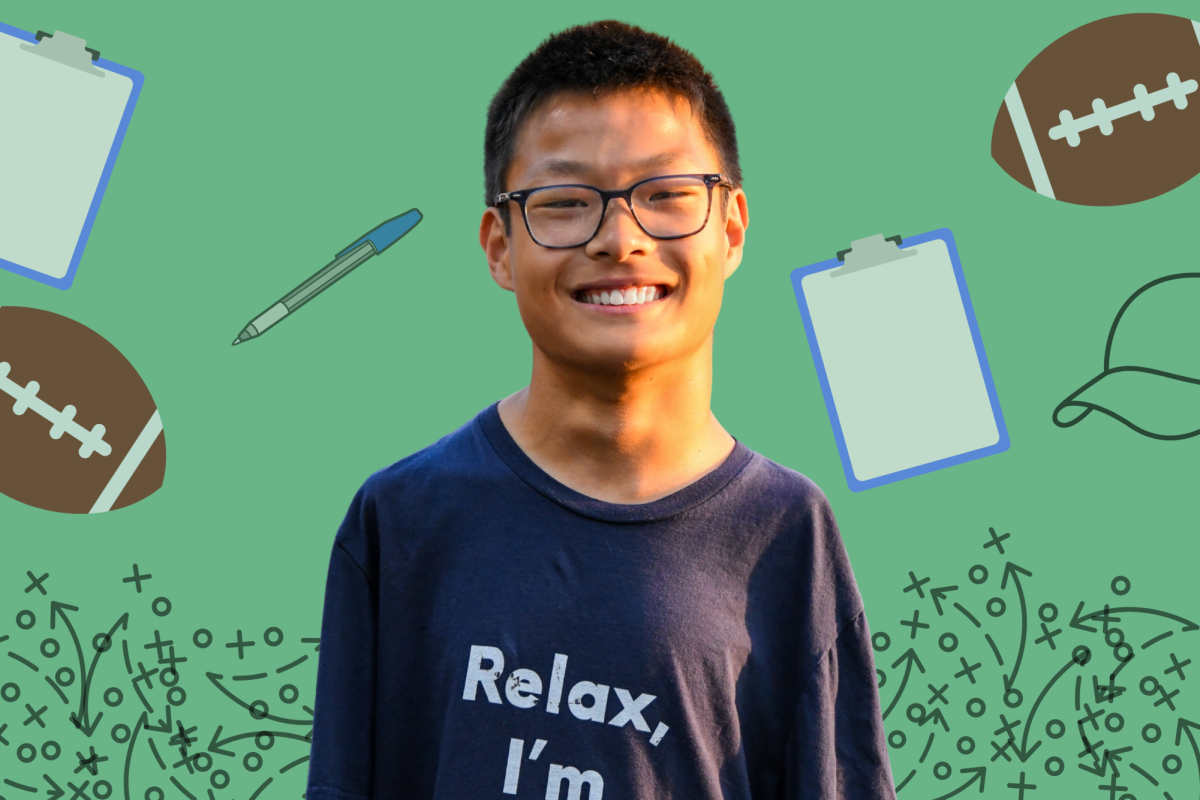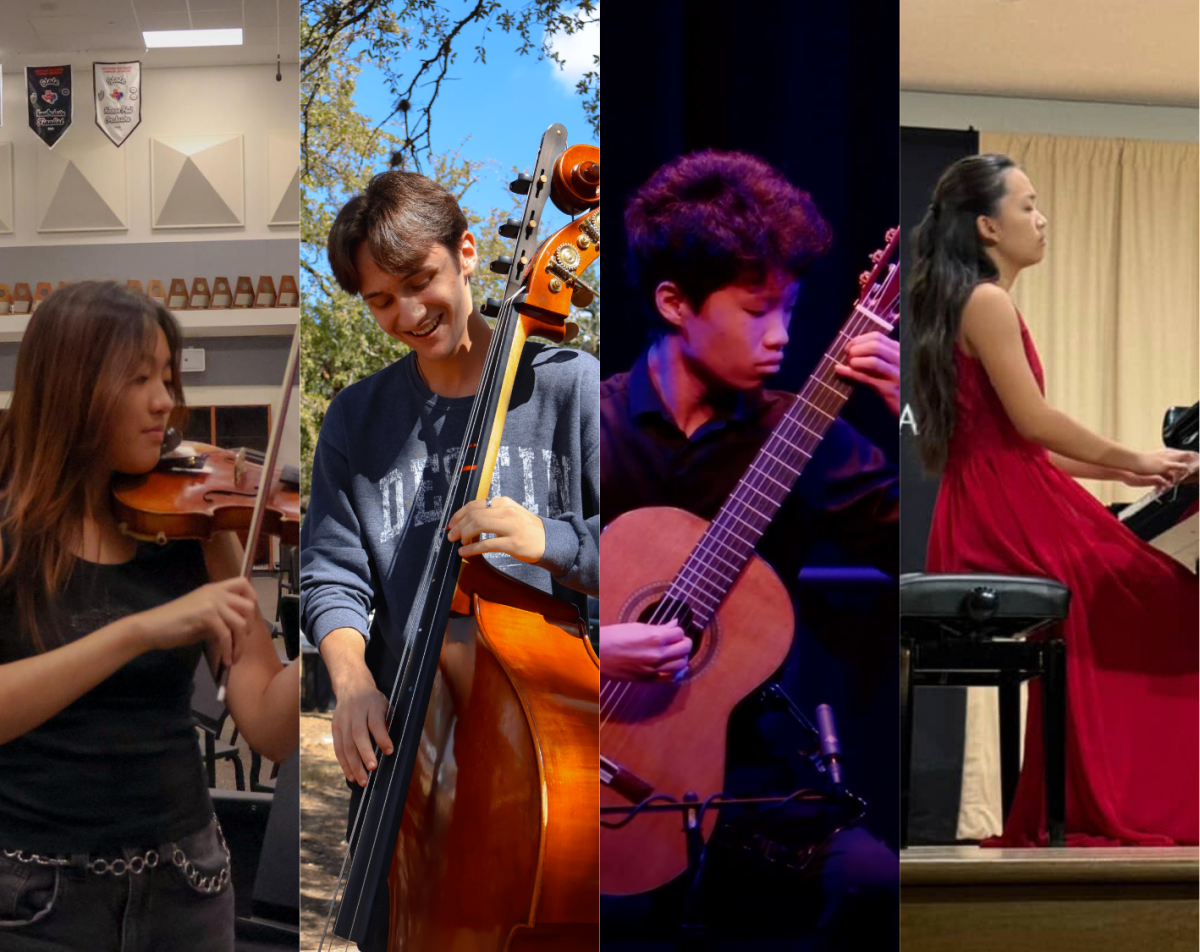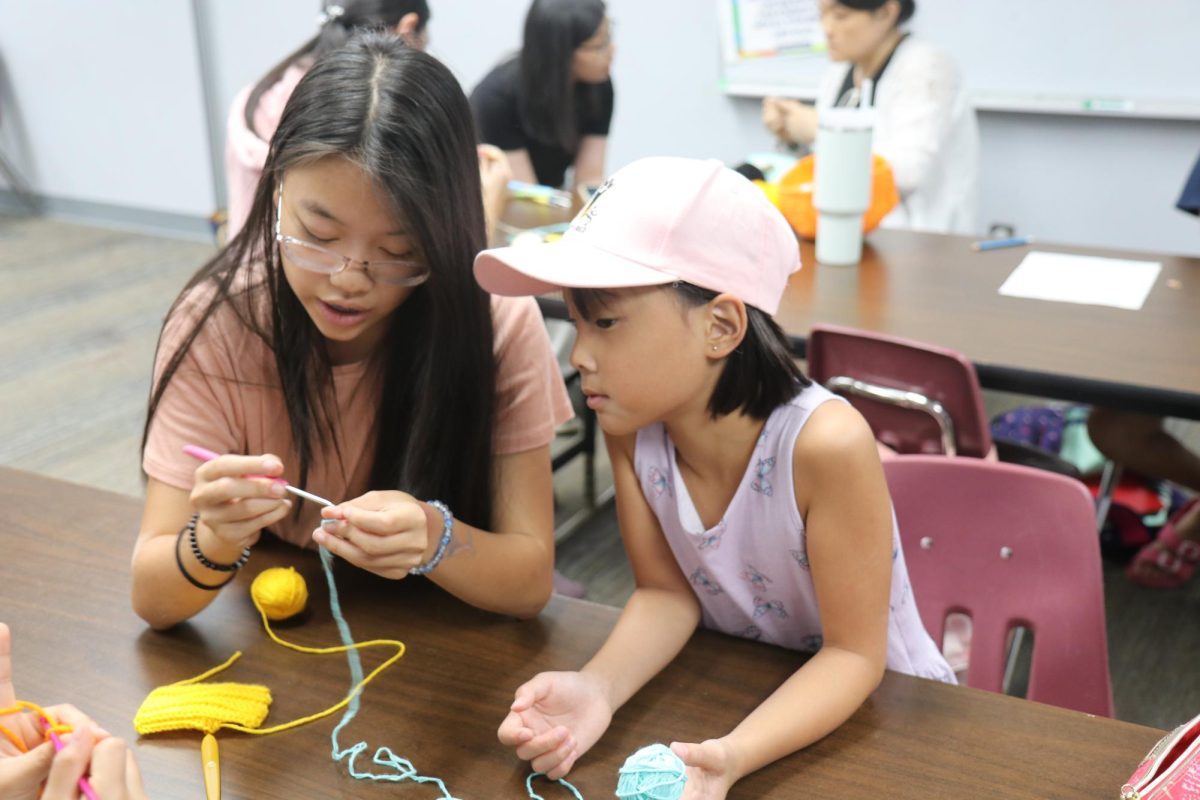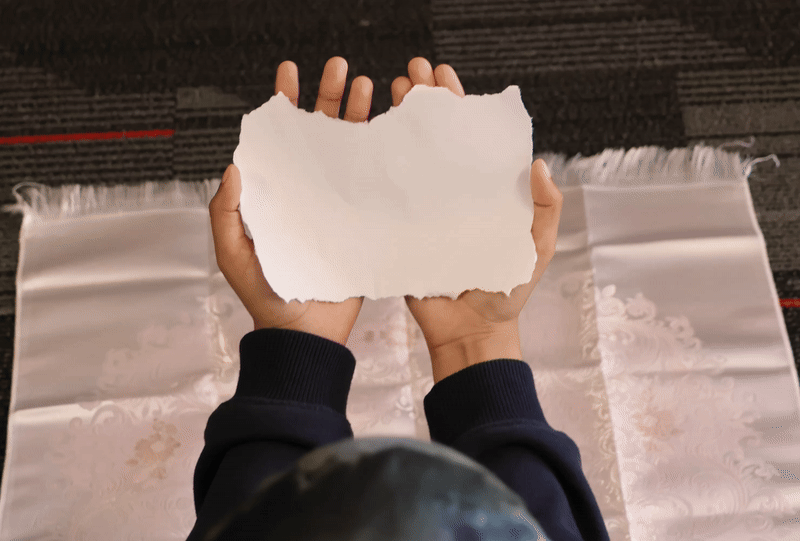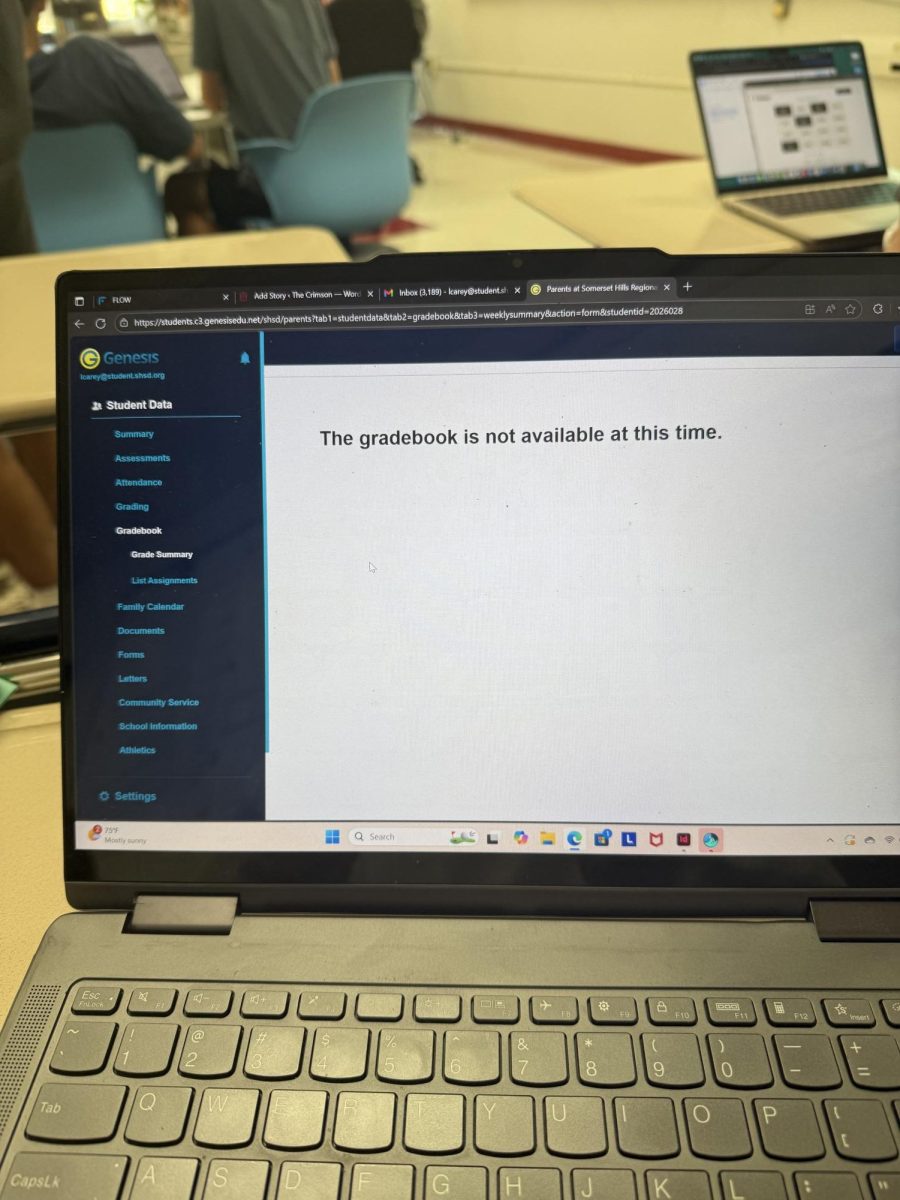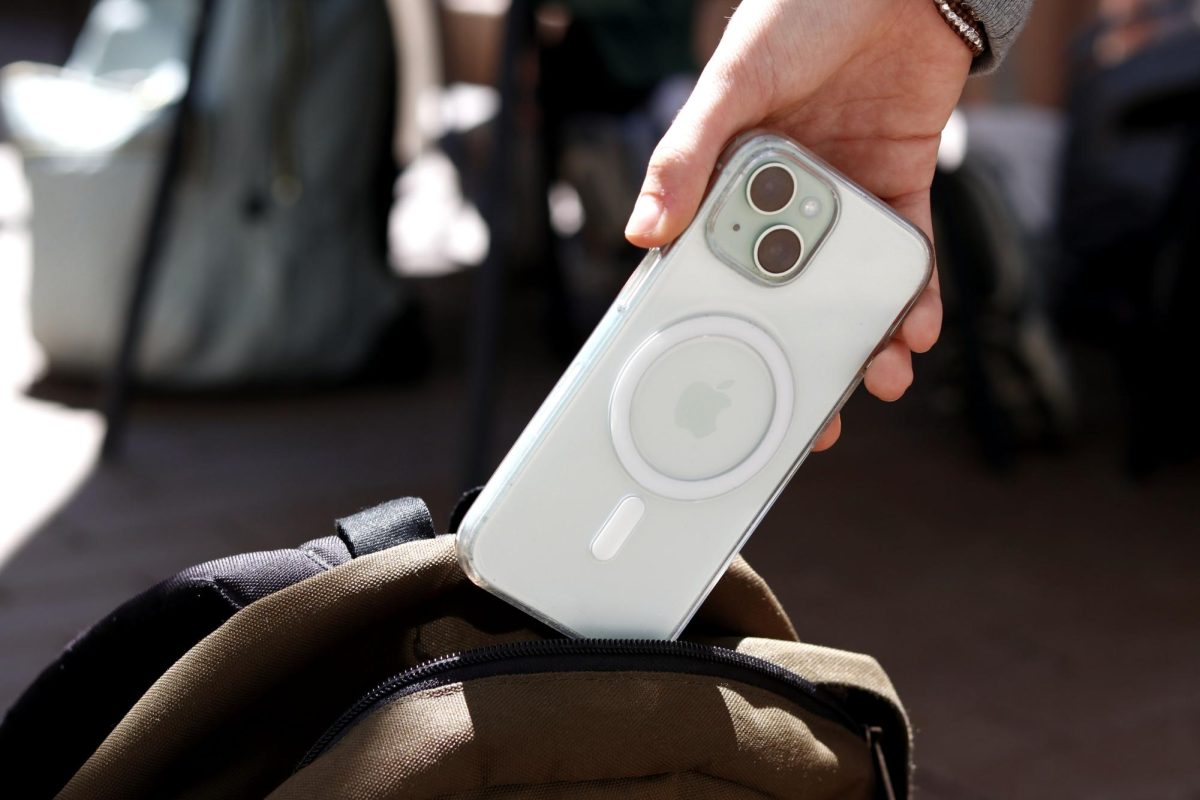If you’ve been wondering why you have not seen anyone scrolling on TikTok before class, responding to text messages during passing periods or watching the latest episode of their favorite show during lunch, then chances are you’ve noticed Archer’s new phone policy.
According to a 2024 study conducted by Pew Research Center, 72% of high school students in the U.S. say that cellphones frequently distract them in class. Although around 82% of teachers say their school has some phone policy, 30% say the policies “are very or somewhat difficult to enforce.”
These statistics are just some of the many new research points on the impact of cell phones on adolescents’ brain development.
Archer’s new technology policy requires all upper school students to leave their phones in their backpacks while on campus and all middle school students to leave devices at home or in a storage location at school — a “gadget garage.” Upper School Director Maggie Cenan announced the new technology policy in an email Aug. 16. However, the discussion about the effects of phone usage at school and brainstorming process for altering the policy began back in the spring, according to Cenan.
In March, American social psychologist and author Jonathan Haidt released “The Anxious Generation, How the Great Rewiring of Childhood is Causing an Epidemic of Mental Illness.” Cenan said this book inspired faculty to revisit the previous policy that allowed upper school students to use their phones freely on campus. Haidt’s argument outlines a direct correlation between the increase in mental health struggles and the increase in social media usage, especially for adolescents.
“They looked back at specifically the year 2010 because that is the year that the smartphone came out,” Cenan said. “What they’re saying is that from 2010, there is this dividing line between a play-based childhood to a phone-based childhood. So [there is] this idea that if you have access to a phone, then you are essentially losing out on different elements of your childhood.”
In addition to discussing the impacts of technology on childhood, Haidt issued a call to action with four solutions that would help decrease teenagers’ addictions to their cellphones; one of these was a suggestion for phone-free schools. Cenan said Haidt’s opinions support Archer’s mission as a research-based school which prioritizes students’ well-being.
In order to ensure all students understand these reasons behind the new phone policy, Innovative Learning Coordinator Malia McClurg led an assembly Aug. 29. McClurg addressed topics similar to what Haidt discusses in his novel, such as mental health, sleep schedules and social media. She explained how when an individual’s body over-indexes on dopamine, they are left feeling worse and need even more time to balance their body again. McClurg emphasized the importance of sitting through uncomfortable moments to fight phone addiction.
“People are using their phones to create constant distraction, to keep those little positive hits [of dopamine] and provide comfort in a way that is counter to well-being,” McClurg said. “We need to be able to sit through the discomfort.”
Cellphone bans across many Los Angeles public and private schools are becoming standard practice. Junior Lily Savage at Windward School said the school has adapted their policy to prohibit students from using their phones on campus for the first five weeks of school to encourage social interaction.
“I think when I’m on my phone, it makes me stressed out, even if what I’m looking at doesn’t stress me out,” Savage said. “I feel more more grounded and more present.”
Senior Ella Dorfman said she has really enjoyed how the new policy allows for more face-to-face time with community members. She said she believes the community will take time to adjust to this new change in their routine.
“I love it. Even in my first period today, I was so productive. Now that might be just because it’s the very first day, and I’m feeling ambitious, but I feel like everyone that I’m around is feeling productive,” Dorfman said. “Change is hard. So people have to get used to it … adjusting people’s habits just takes time.”
Although Dorfman said she is happy about the new policy, feelings among students are mixed, and some students reacted negatively when the policy was released. The Oracle plans to follow up on how students feel about the policy and how effective it is in decreasing phone usage throughout the school year.
McClurg said the policy will not automatically fix phone addiction, but believes it is taking a significant step towards reducing screen time and improving intentional phone usage.
“I do see [students and faculty] together, and then we’re just talking about this issue — same community, same team. Because ultimately, this isn’t unique to Archer. This is a global issue,” McClurg said. “We’re not going to fix phone addiction or this distracted world overnight with this one policy, but what I’m hoping is that we can draw awareness to it.”
This story was originally published on The Oracle on September 1, 2024.








